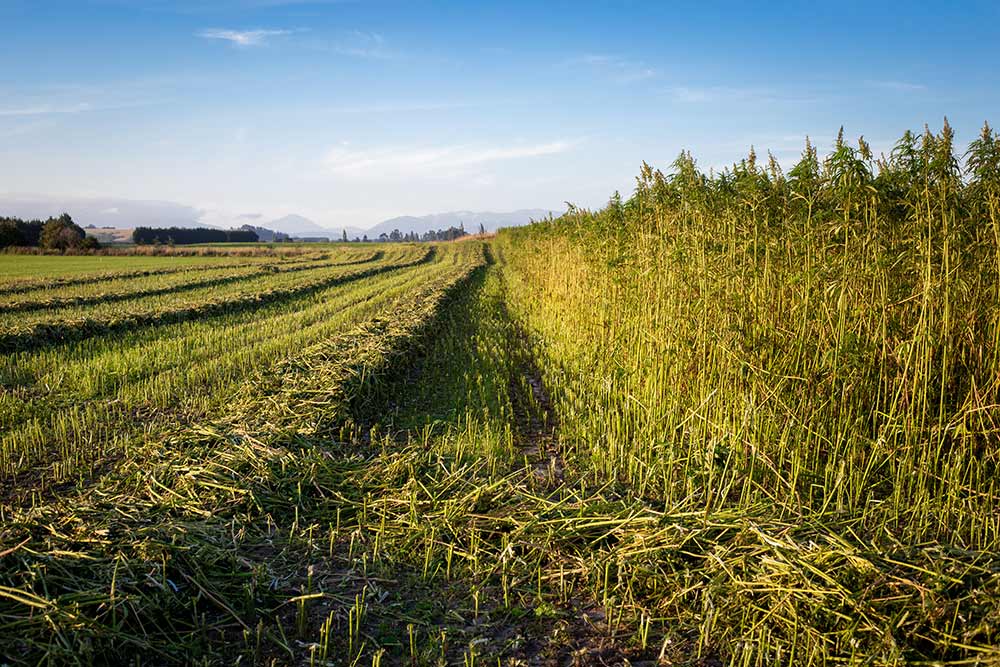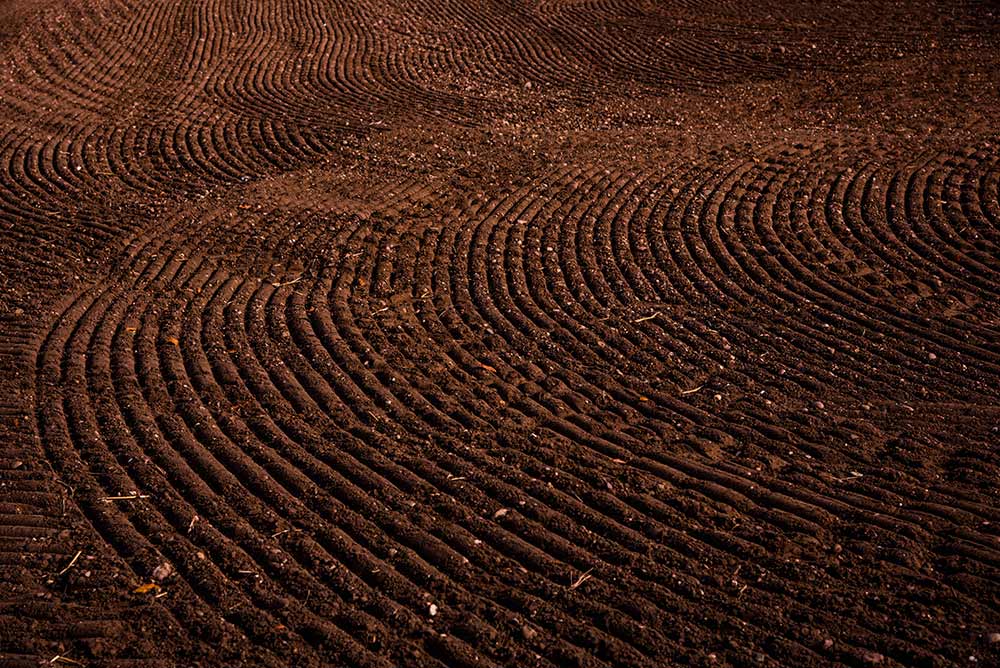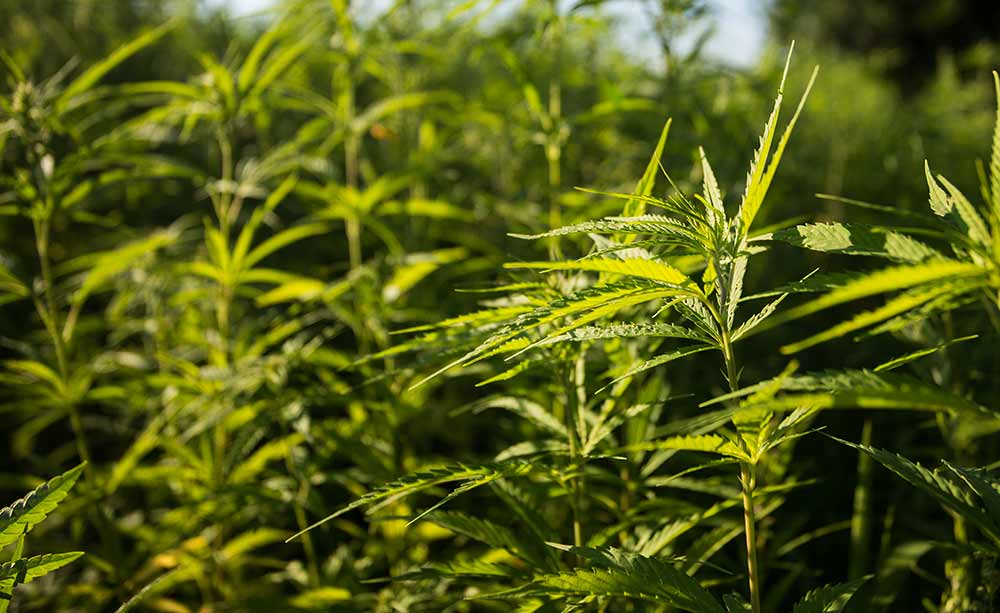Industrial Hemp: A Powerful Ally in Phytoremediation
Harnessing Nature to Restore Soil Health
Industrial hemp is not only a versatile crop but also a powerful tool for phytoremediation – the process of using plants to clean contaminated soils. Hemp’s deep root system effectively extracts heavy metals, toxins, and pollutants from the soil, improving its quality and health. This natural remediation process enhances soil structure, making it more fertile and suitable for sustainable agriculture. By integrating RAD Microbes’ advanced microbial solutions with industrial hemp cultivation, farmers can amplify these benefits, leading to healthier crops and ecosystems.


Benefits of Hemp in Phytoremediation
- Heavy Metal Extraction: Hemp absorbs harmful heavy metals like lead and cadmium, reducing soil toxicity.
- Soil Revitalization: Enhances soil structure and nutrient content, promoting better crop yields.
- Environmental Sustainability: Offers a green, sustainable solution for soil restoration in contaminated areas.
Economic Viability of Industrial Hemp
Growing industrial hemp in Texas, particularly when combined with RAD Microbes, presents a more financially viable option than traditional crops such as corn, soybean, or hay. Hemp’s rapid growth, high yield per acre, and the dual benefit of phytoremediation make it an ideal choice for farmers looking to maximize profits while contributing to soil health and sustainability.
Explore how combining RAD Microbes with industrial hemp can revolutionize your approach to sustainable farming. Join us in cultivating a cleaner, greener, and more profitable future.

Join Our Global Movement
Become a part of a transformative journey that’s reshaping agriculture and ecosystems across the globe. With RAD Microbes, you’re championing a brighter, healthier future for our planet.


